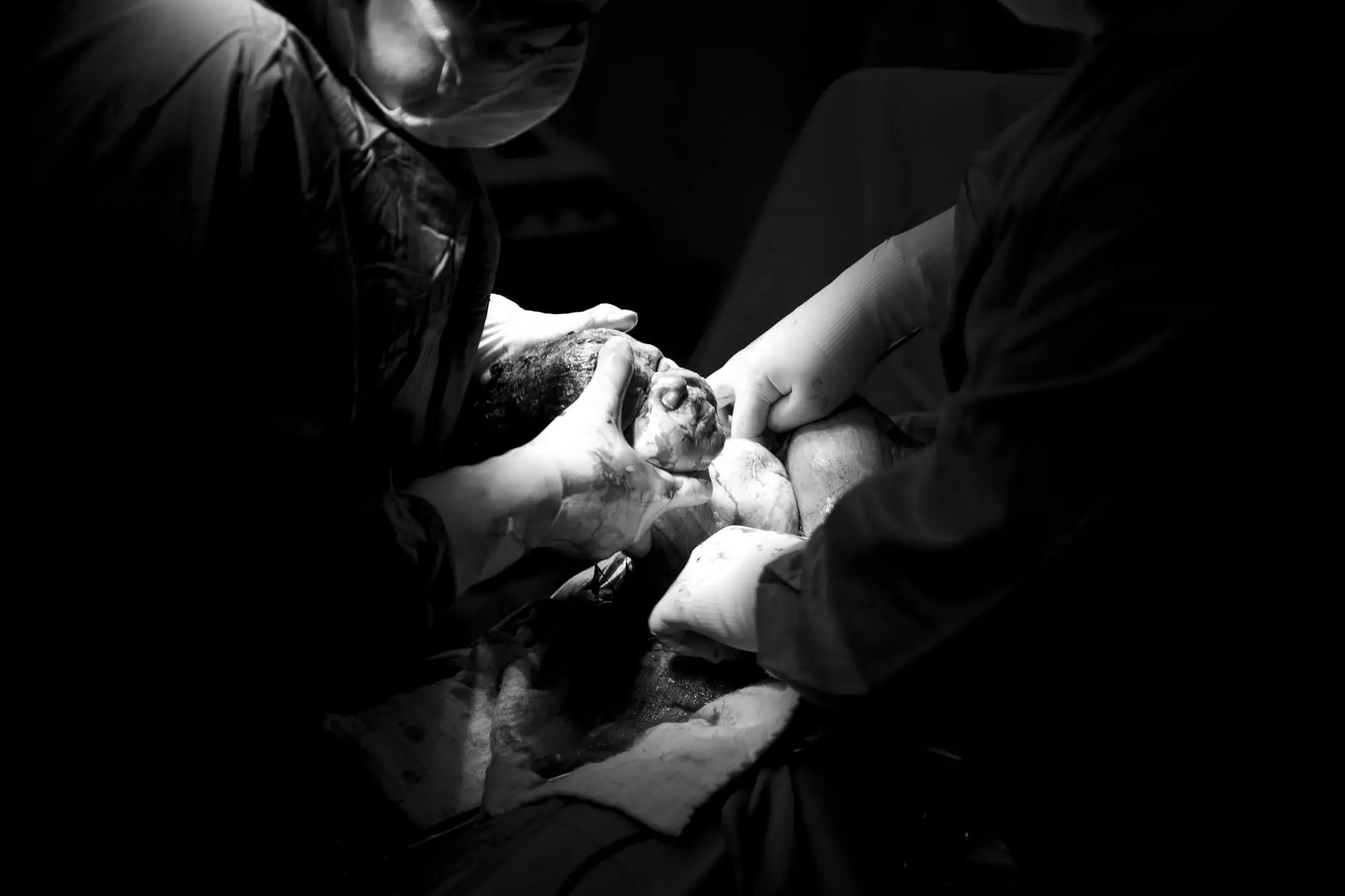Understanding Corrective Jaw Surgery: A Comprehensive Guide

In the world of modern dentistry, corrective jaw surgery is a transformative procedure that addresses various dental and orthodontic problems. At SMBalaji Dental Hospital in Chennai, we specialize in providing comprehensive care and tailored solutions for our patients, ensuring an optimal journey towards a healthier, more functional smile.
What is Corrective Jaw Surgery?
Corrective jaw surgery, or orthognathic surgery, is a surgical procedure that corrects conditions of the jaw and face related to structural abnormalities. This surgery can address issues such as:
- Misalignment of the jaw
- Difficulty chewing or swallowing
- Chronic jaw pain and headaches
- Speech impairments
- Facial asymmetry
By realigning the jaw, patients can experience not only improved aesthetics but also enhanced functionality and overall health. The surgical intervention is often performed after careful evaluation and is usually the last step following orthodontic treatment.
The Benefits of Corrective Jaw Surgery
Undergoing corrective jaw surgery can provide a wide array of benefits, facilitating improvements in both physical health and emotional well-being. Here are some of the key advantages:
1. Enhanced Oral Function
One of the primary goals of this surgery is to improve oral functionality. Patients may notice significant improvements in:
- Chewing and biting: Proper jaw alignment allows for efficient chewing, reducing stress on teeth.
- Speaking: Improved jaw position can lead to clearer pronunciation and speech capabilities.
- Breathing: Adjustments may also alleviate issues like sleep apnea caused by structural jaw anomalies.
2. Aesthetic Improvements
In addition to functional enhancements, corrective jaw surgery can lead to significant cosmetic benefits:
- Facial symmetry: Realigning the jaw contributes to a more aesthetically pleasing face.
- Confidence boost: Many patients report enhanced self-esteem due to improved facial appearance.
3. Long-Term Health Benefits
Correcting jaw-related issues can have positive impacts on overall health:
- Reduced dental wear: Proper alignment reduces the risk of unnecessary wear and tear on teeth.
- Alleviation of pain: Many patients experience reductions in chronic pain, migraines, and tension headaches post-surgery.
Who is an Ideal Candidate for Corrective Jaw Surgery?
While corrective jaw surgery can bring benefits to many, certain criteria make some individuals more suitable candidates. Ideal candidates usually exhibit:
- Severe misalignment of the jaw that cannot be corrected with braces alone
- Persistent pain and discomfort related to their jaw or bite
- Jaw growth discrepancies after reaching adulthood
- A commitment to post-operative care and follow-up
The Corrective Jaw Surgery Process
The journey towards a healthier smile through corrective jaw surgery typically involves several stages:
1. Initial Consultation
The process begins with a detailed consultation at SMBalaji Dental Hospital. During this appointment, the surgeon will:
- Conduct a thorough examination of the jaw and teeth
- Discuss the patient's symptoms and concerns
- Take X-rays and necessary imaging to assess the jaw structure
- Explain the options and expected outcomes of the surgery
2. Pre-Surgery Preparations
Once a treatment plan is established, preparations begin. This may include:
- Consultations with orthodontists for braces if needed
- Dietary adjustments leading up to the surgery
- Information on medications to avoid before surgery
3. The Surgery Itself
Corrective jaw surgery is typically performed under general anesthesia and can take several hours, depending on the complexity. The surgery may involve:
- Reshaping or re-positioning the upper jaw (maxilla) and/or lower jaw (mandible)
- Securing the jaws in place with plates, screws, or wires
4. Recovery Period
Post-operative recovery is crucial. Patients may experience swelling, bruising, and discomfort. Each patient heals differently, but generally, recovery involves:
- Follow-ups with the surgical team
- Rest and limited physical activity
- Soft food diets for several weeks
- Orthodontic adjustments as needed
Potential Risks and Considerations
As with any surgical procedure, corrective jaw surgery involves certain risks. It is important for patients to be aware of these before committing to surgery:
- Infection: As with any surgery, there is a risk of infection at the incision site.
- Nerve damage: Some patients report altered sensation in the jaw or face, which may resolve over time.
- Speech changes: Temporary speech difficulties can occur, but these typically improve with practice.
Aftercare and Long-Term Maintenance
Successful recovery from corrective jaw surgery requires diligent aftercare. Key post-operative care guidelines include:
- Regular follow-up appointments to monitor healing
- Adherence to recommended diets and restrictions
- Practicing good oral hygiene to prevent infection
- Utilizing ice packs to reduce swelling
Conclusion: The Path to a Better Smile
In summary, corrective jaw surgery at SMBalaji Dental Hospital in Chennai offers a transformative opportunity for patients grappling with jaw misalignment and related challenges. By understanding the process, benefits, and considerations of this procedure, individuals can make informed decisions that can positively impact their quality of life.
Our dedicated team of professionals is committed to providing the highest level of care, tailoring treatments to meet the unique needs of each patient. If you or someone you know is considering jaw surgery, we encourage you to reach out to our clinic for a consultation and take the first step toward reclaiming your smile.



